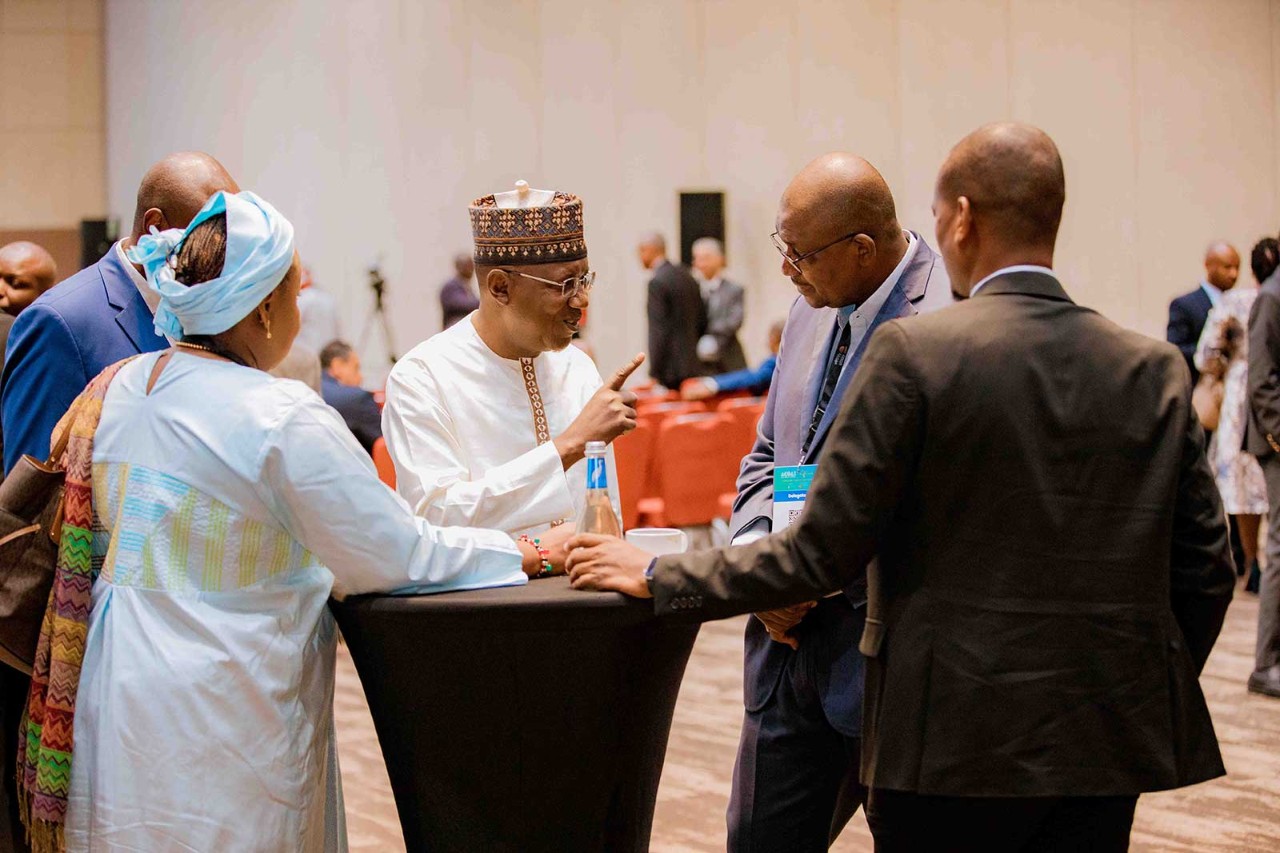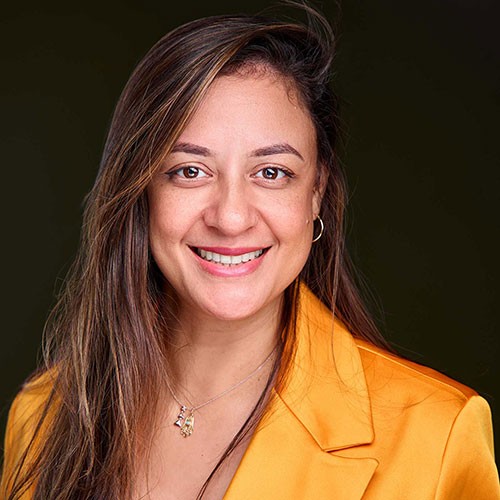
Organisations the world over, whether companies, NGOs or government bodies, are increasingly under pressure to disclose sustainability information.
Some, like the European Union with its Corporate Sustainability Reporting Directive (CSRD), have made it a centrepiece of plans for the future. Across Africa, however, a patchwork of reporting frameworks are in use, offering a baffling array of metrics and disclosures and making it difficult for readers to draw comparisons.
‘The idea is to ensure there’s a standardised approach’
Bringing clarity
A new body, the Sustainability Working Group Africa (SWGA), founded by ACCA along with the Pan African Federation of Accountants, hopes to bring clarity by bringing experts together to explore harmonisation of reporting initiatives and spread best practice among businesses (see panel).
‘The whole idea of the working group is to ensure that there’s a standardised approach to sustainability within Africa, because at the moment we have quite a lot of different perceptions of what’s involved and the actions that should be taken,‘ says Rodney Ndamba FCCA, a member of the SWGA advisory panel and chief executive of the Institute for Sustainability Africa in Harare, Zimbabwe.
Globally, sustainability reporting is gaining ground. A recent KPMG report that surveyed 5,800 companies in 58 countries found that 79% are now engaged in some form of sustainability reporting. Among the world’s largest 250 companies, the figure is 96%.
The report included companies from two African nations. In South Africa, 100% of the country’s largest companies offer sustainability reporting; in Nigeria, the figure is 77%.
‘We’re not quite there yet; there’s still a journey’
Bringing experts together
A key part of the Sustainability Working Group Africa is an expert advisory panel. Made up of ACCA members and other specialists, the 20+-person panel will assess jurisdiction-specific case study insights and provide recommendations to the Forum for Advancing Sustainability and Integrated Reporting in Africa, currently being established by the Pan African Federation of Accountants (PAFA).
The panel creates opportunities for development partners, regulators and public institutions to share insights and create partnerships that can shape sustainable finance strategies, enhance regulatory capacity and integrate sustainability into financial and policy frameworks.
PAFA CEO Alta Prinsloo says: ‘Accountants are becoming increasingly influential as agents and architects of change, bringing the expertise, insight and technical skills that businesses need to adopt sustainable practices and drive sustainability reporting.’
The most popular reporting guidelines in the Middle East and Africa are those provided by the Global Reporting Initiative (GRI), at around 64%. In Asia Pacific, GRI adoption is at around 75%. Meanwhile, guidelines from the Sustainability Accounting Standards Board are used by 41% of companies, compared with 33% two years ago.
Stock exchanges in many countries also issue their own sustainability reporting guidelines and these remain popular, particularly in the Middle East and Africa.
IFRS Standards
Perhaps a bigger question, however, is whether countries will move to adopt the new sustainability standards (IFRS S1 and S2) finalised in June 2023. According to the IFRS Foundation, eight African nations have either adopted the standards or announced they intend to. Nigeria and Kenya are early adopters, while heading towards S1 and S2 are Ghana, Rwanda, Tanzania, Zambia, Zimbabwe and Uganda.
Nigeria’s decision to adopt S1 and S2, making them mandatory by 2028, will counter the country’s current reporting landscape, which includes guidelines from the country’s stock exchange, a corporate governance code, ad hoc voluntary use of GRI and, in some cases, the Task Force on Climate-related Financial Disclosures framework, issued in 2017.
SWGA panel member Marilyn Obaisa-Osula, who is PwC’s head of ESG, sustainability and climate in Nigeria, says the current situation offers no basis for comparison between companies. Four companies – MTN Group, Fidelity Bank, Seplat Energy and Access Holdings – have prioritised IFRS S1 and S2, providing a ‘wake-up call’, she says, to use sustainability reporting strategically and to bring risk and sustainability teams together. Boards need to buy into the process, too.
‘We play a central role because we have visibility of the entire entity’
Early lessons
‘Being early adopters of IFRS S1 and S2,’ Obaisa-Osula says, ‘these companies gained first-hand experience of how sustainability can be standardised reasonably. We’re not quite there yet; there’s still a journey. But at least they are standardised in terms of being able to compare one report to another based on a global baseline.’
Regulators in Uganda, meanwhile, expect to publish a roadmap towards adoption of S1 and S2 later this year. Susan Lamunu-Shereni FCCA, another SWGA panel member and CFO at the Infectious Diseases Institute (IDI) in Kampala, says that the SWGA is enabling her organisation to benefit from the lessons of early adopters as it moves towards implementation. She expects S1 and S2 to ‘enhance our transparency and accountability’ and have an impact on the many partners the institute works with, adding that it will ultimately benefit the wider Ugandan economy.
‘As accountants, we are custodians of a lot of data and that data informs decisions,’ Lamunu-Shereni says. ‘We play a central role in sustainability reporting because we have visibility of the entire entity – how different parts are spending and how resources are allocated. We also influence allocation of those resources.’
A place for GRI?
For Ndamba, the debate about which standards are best for Africa may not be a forgone conclusion. He makes the point that it may be useful for companies to continue with GRI in some form because it requires reporting of material impacts on society as well as the environment. S1 and S2 reporting is concerned with the impacts of (mostly) climate change on organisations and their finances and business models.
GRI also links to the UN’s Sustainable Development Goals, which are important priorities for organisations across Africa, while S1 and S2 do not.
The issues provide much for SWGA to discuss – and not without pressure. Time is inexorably running out to address climate change and to act on social issues.
‘There is a sense of urgency,’ says Ndamba, ‘particularly for the working group in ensuring that the right advice is provided, because there is a mixed bag in terms of what the continent needs to prioritise and what is suitable for Africa.’
More information
For more resources, visit ACCA’s sustainability hub



